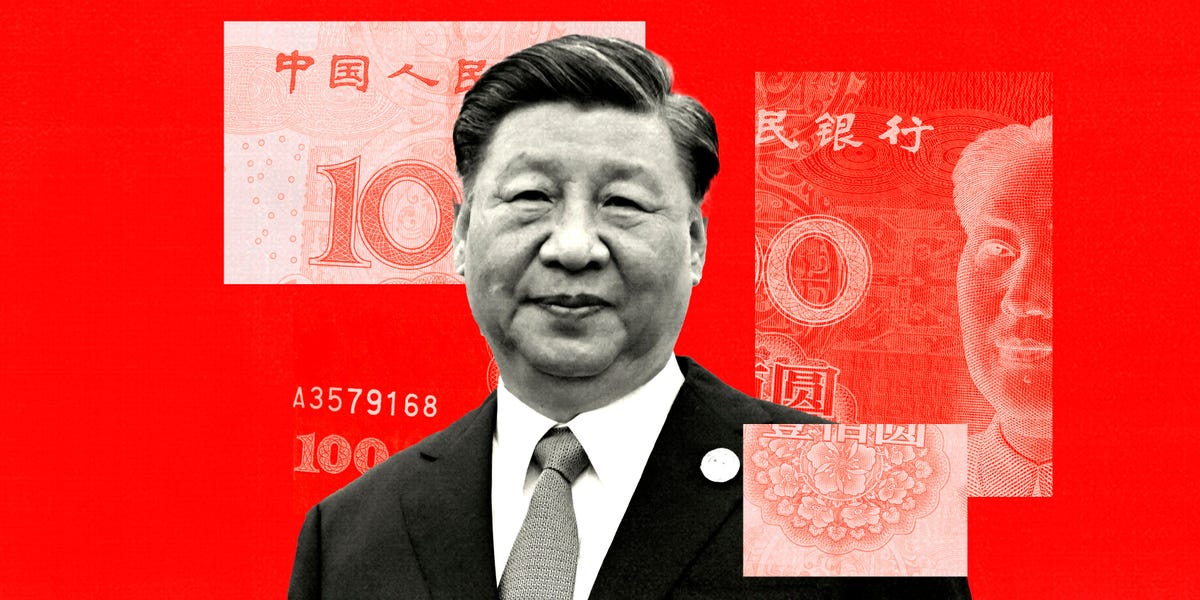China's Strategic Coup: How Weakening USAID Opened the Global Influence Floodgates

As China seeks to expand its global influence, the country is strategically positioning itself to leverage its existing strengths in key sectors across emerging regions. Agriculture and public health emerge as promising domains where China can effectively extend its soft power and economic reach.
In Southeast Asia, South Asia, and Central Asia, China has the opportunity to build upon its technological expertise and agricultural innovations. By sharing advanced farming techniques, agricultural technologies, and healthcare solutions, China can create meaningful partnerships that benefit both local populations and its own strategic interests.
These sectors offer unique advantages for China's international engagement. Agricultural collaboration can help address food security challenges, while public health initiatives can demonstrate China's commitment to regional development and humanitarian support. Such strategic approaches not only enhance China's diplomatic relationships but also create pathways for long-term economic and cultural exchange.
By focusing on areas of proven competence, China can develop more nuanced and sustainable approaches to international cooperation, positioning itself as a valuable partner in critical development sectors.
